
The Artistic Soul of Daegu: Kim Gwangseok-gil Street
Kim Gwangseok-gil Street is a vibrant and artistic neighborhood nestled in the heart of Daegu, South Korea. Named after the legendary folk singer Kim Gwangseok, this street is a living tribute to his enduring legacy. As you stroll down the lane, you will be greeted by a series of murals and art installations that vividly depict scenes from Kim's life and his poignant music. This makes the street not just a visual delight but also an auditory journey through the melancholic and heartfelt ballads that have touched countless hearts. Beyond its artistic allure, Kim Gwangseok-gil Street is a bustling hub of cultural activity. The street is lined with quaint cafes, boutique shops, and cozy eateries that offer a taste of local flavors. You can sip on a cup of artisanal coffee while enjoying live street performances, or browse through unique handicrafts that make for perfect souvenirs. The atmosphere is always lively, with both locals and tourists mingling to soak in the creative spirit of the area. A visit to Kim Gwangseok-gil Street is incomplete without exploring its many hidden gems. From small art galleries to performance spaces, there is always something new to discover. The street also hosts various cultural festivals and events throughout the year, making it a dynamic and ever-changing canvas of creativity. Whether you are an art enthusiast, a music lover, or simply someone looking to experience the local culture, Kim Gwangseok-gil Street offers a uniquely enriching experience that captures the essence of Daegu.
Local tips in Kim Gwangseok-gil Street
- Visit early in the morning to avoid crowds and get the best photos of the murals.
- Check the local event calendar for live performances and festivals during your visit.
- Try the local street food from various vendors for an authentic taste of Daegu.
- Bring cash, as some smaller shops and eateries may not accept credit cards.
- Wear comfortable shoes as you will be walking and exploring for hours.
Iconic landmarks you can’t miss
Kim Gwang-Seok Street
Explore the artistic and musical legacy of Kim Gwang-Seok on this vibrant street in Daegu, a must-visit for culture and music lovers alike.
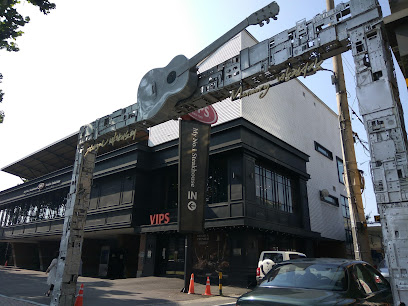
Daegu 83 Tower
Discover the stunning vistas of Daegu from the iconic Daegu 83 Tower, a must-visit observation deck for tourists in South Korea.
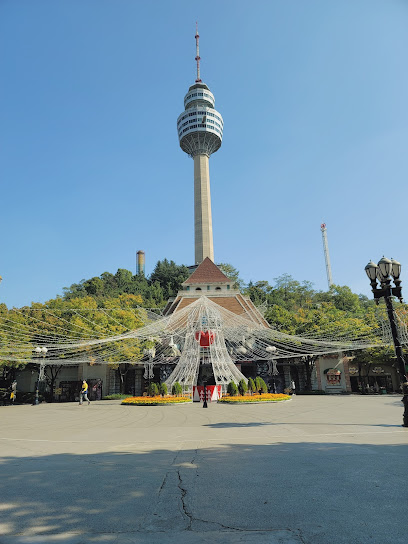
National Bond Compensation Movement Memorial Park
Explore the National Bond Compensation Movement Memorial Park in Daegu, a serene tribute to history and resilience amidst beautiful landscapes.
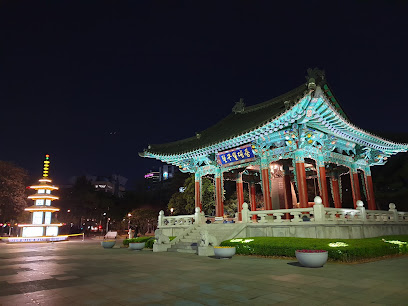
Cheongna Hill
Discover the historical wonders and breathtaking views of Cheongna Hill, a serene landmark in Daegu, South Korea, perfect for history and nature lovers.
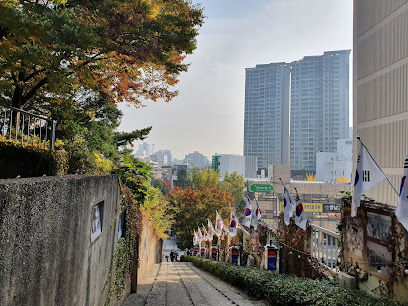
Bangcheon Market
Discover the heart of Daegu at Bangcheon Market, where vibrant street food and local culture come alive in an unforgettable shopping experience.
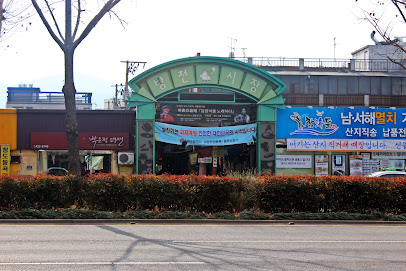
Daegu Hyanggyo Confucian School
Explore the tranquil beauty and historical significance of Daegu Hyanggyo, a Confucian school that showcases Korea’s rich educational heritage.
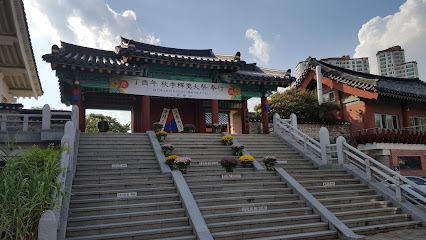
Kim Gwangseok Story House
Discover the heart and soul of Korean music at the Kim Gwangseok Story House in Daegu, a captivating tribute to a musical legend.
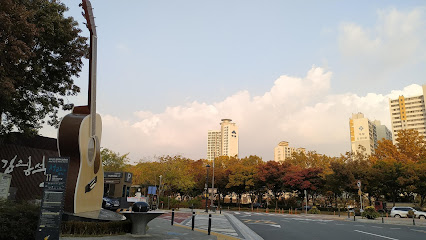
김광석거리
Explore the authentic flavors of Daegu at this local favorite restaurant, a perfect blend of tradition and modernity in every dish.
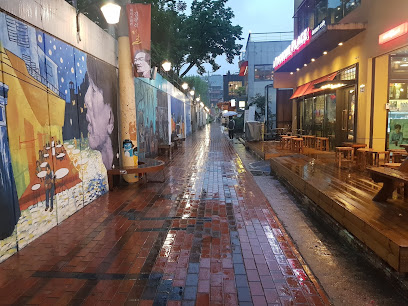
라이크디즈위드 김광석거리점
Explore Daegu's premier modern art museum, where innovative exhibits and captivating installations await every visitor.
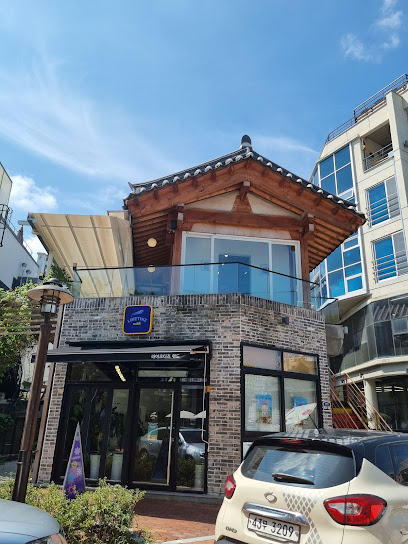
김광석 다시 그리기 길 공중화장실
Discover the essential public restroom in Jung-gu, Daegu, ensuring your comfort while exploring the city's vibrant attractions.
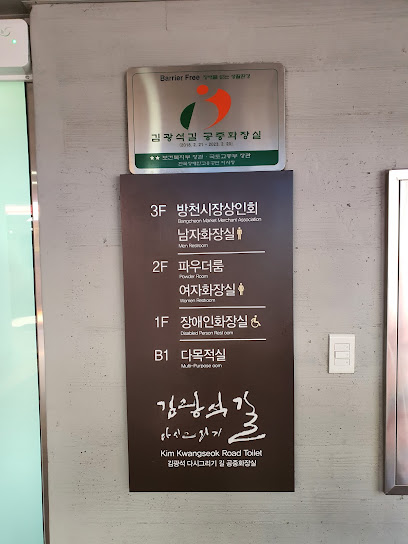
Unmissable attractions to see
Daegu 83 Tower
Experience breathtaking views and rich history at Daegu 83 Tower, the iconic observation deck in Daegu, South Korea.
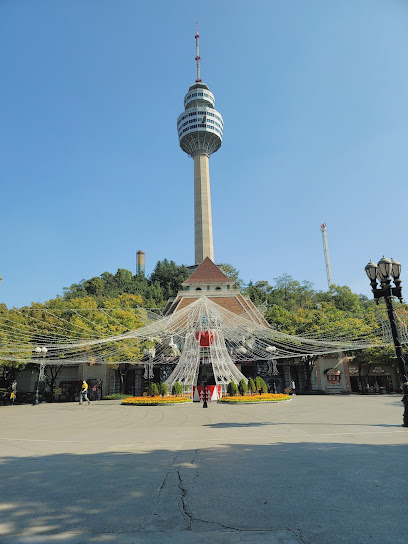
February 28th Jungang Memorial Park
Explore the tranquil beauty and historical significance of February 28th Jungang Memorial Park, a must-visit memorial park in Daegu, Korea.
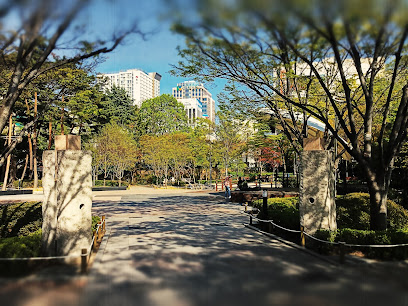
Cheongna Hill
Explore the historical significance and natural beauty of Cheongna Hill in Daegu, a perfect blend of culture and scenic landscapes for every traveler.
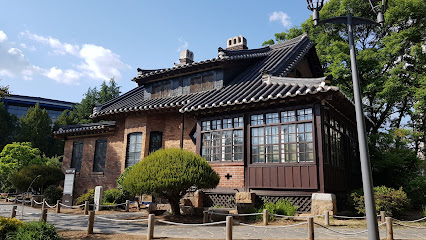
Bangcheon Market
Discover the vibrant Bangcheon Market in Daegu, where local culture, delicious street food, and unique shopping experiences await every traveler.
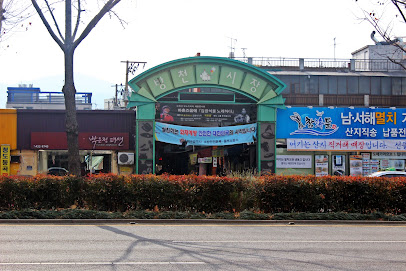
Kim Gwangseok Story House
Explore the life and music of Kim Gwangseok at the Kim Gwangseok Story House, a unique museum celebrating Korean musical heritage in Daegu.
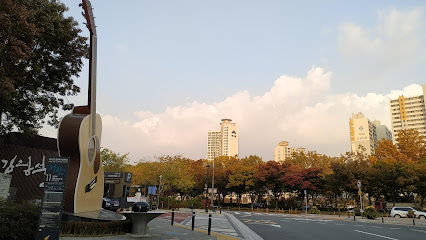
Modern Art Statue
Discover the Modern Art Statue in Daegu - a striking emblem of contemporary creativity and cultural expression in South Korea.
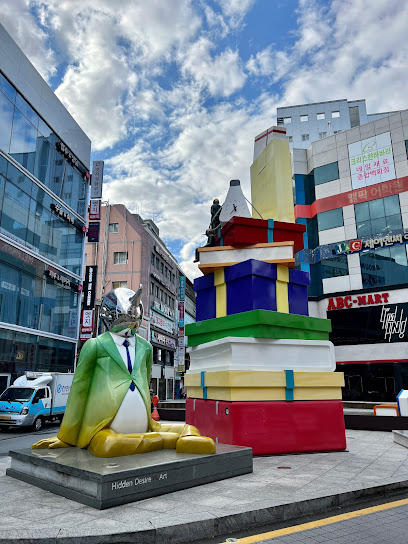
Essential places to dine
Daehan News
Experience the rich flavors of authentic Korean BBQ at Daehan News in Daegu – where every meal is a celebration.
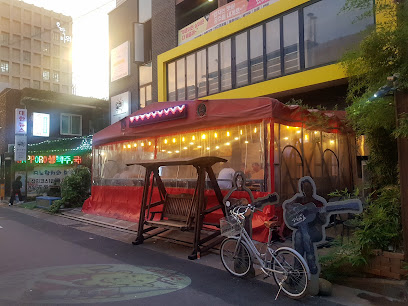
Picky Child Dining
Discover the delightful flavors of fusion cuisine at Picky Child Dining in Daegu – where every dish tells a story!
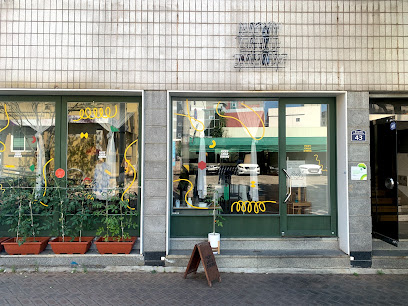
인도가는길
Discover the authentic flavors of India at 인도가는길 in Daegu – a culinary journey filled with spice and tradition.
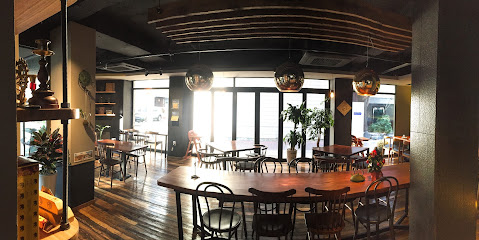
Gastro Rock
Discover the essence of European cuisine at Gastro Rock in Daegu - where every dish tells a story.
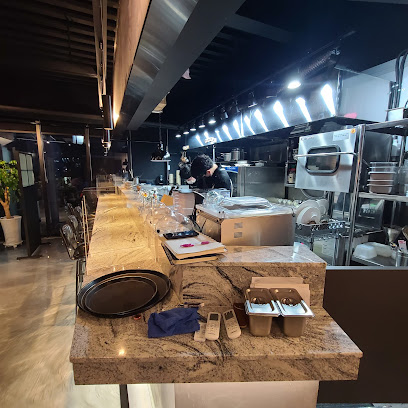
김광석거리
Explore 김광석거리 in Daegu: A Culinary Delight Filled with Authentic Korean Flavors and Rich Cultural Heritage.
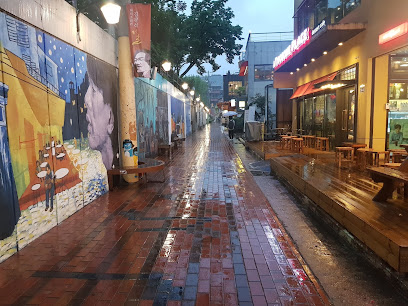
Sweet Forest
Experience authentic Korean cuisine at Sweet Forest in Daegu – where tradition meets modern taste.
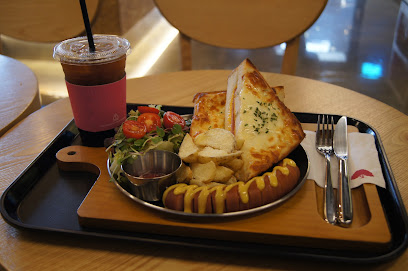
오스테리아오씨오
Discover authentic Italian flavors at Osteria Ocio in Daegu's vibrant Jung-gu district - where tradition meets taste.
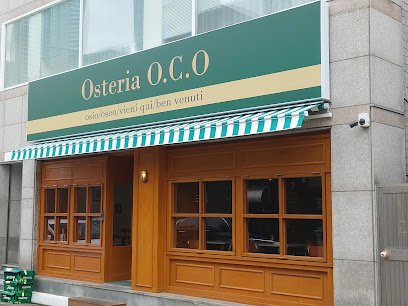
CURRY TANTO
Discover authentic Japanese curry at Curry Tanto in Daegu - where tradition meets flavor in every dish.
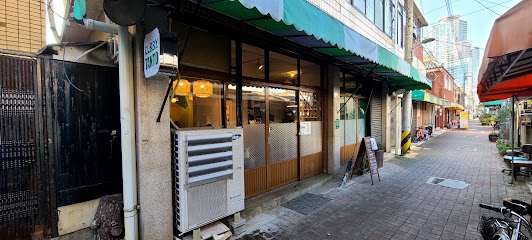
까사분도
Discover the best brunch experience at Café Casa Bundo in Daegu - where delicious meals meet cozy ambiance!

Paseulli
Experience authentic Italian cuisine at Paseulli in Jung-gu, Daegu - where every dish is a celebration of flavor and tradition.
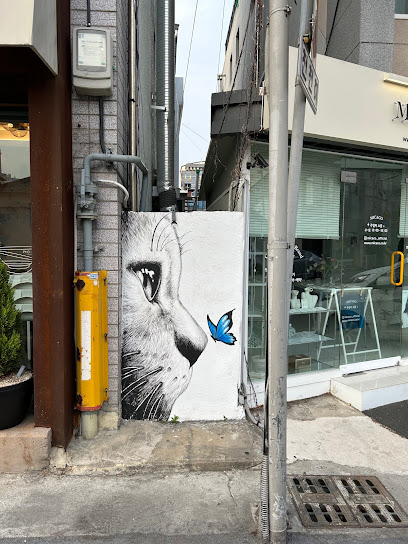
Markets, malls and hidden boutiques
Shinsegae Department Store Daegu
Explore the luxurious Shinsegae Department Store Daegu, featuring high-end fashion, exquisite jewelry, and unique gifts in a stunning shopping environment.
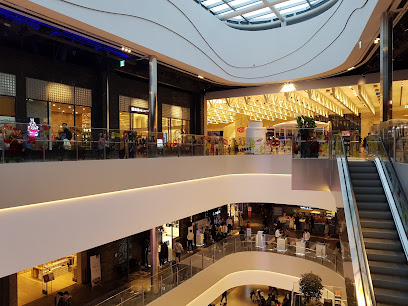
Kim Gwang-Seok Street
Explore Kim Gwang-Seok Street in Daegu, a vibrant tribute to the legendary singer-songwriter filled with art, culture, and delightful local flavors.
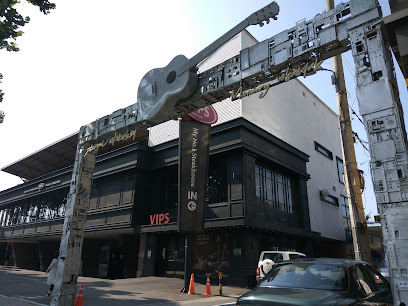
Coffee Myeongga Kim gwangseok street Branch
Discover the essence of Daegu's coffee culture at Coffee Myeongga, where artisanal brews meet vibrant street art in a cozy atmosphere.
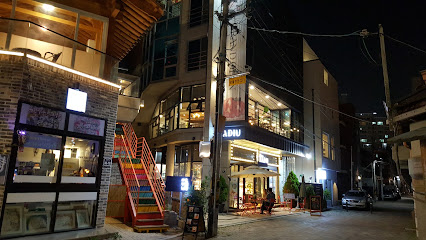
Mondako
Explore Mondako, a unique gift shop in Daegu offering local crafts, stylish clothing, and a cozy café - perfect for memorable souvenirs and relaxation.
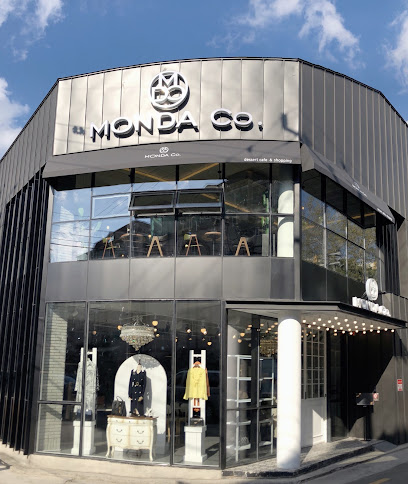
세컨드프로젝트
Discover unique home goods and local artisan crafts at 세컨드프로젝트 in Daegu, where every item enhances your living space with style and creativity.
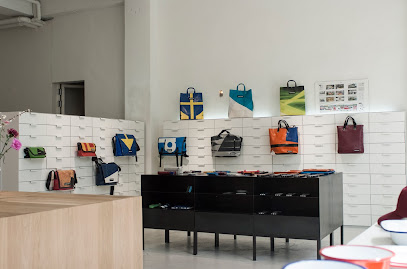
리듬앤샵
Explore unique vintage clothing at Rhythm & Shop in Daegu, where every piece tells a story and fashion meets nostalgia.
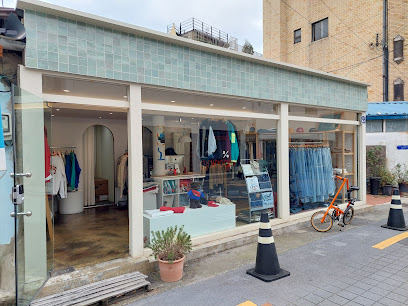
밀키앤멀키
Discover creativity at 밀키앤멀키, Daegu's ultimate hobby store with unique supplies for enthusiasts of all kinds.
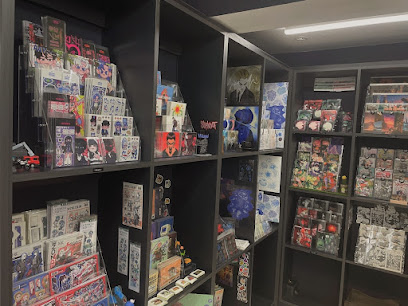
테라누고 대구직영점
Discover the latest trends in women's fashion at 테라누고 대구직영점, a premier shopping destination in Daegu's vibrant Jung-gu district.
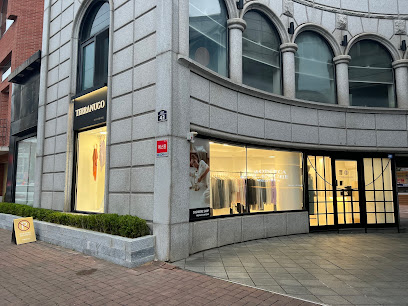
GETASENS(게타상스)
Explore GETASENS in Daegu for unique Korean gifts and souvenirs that embody local culture and craftsmanship.
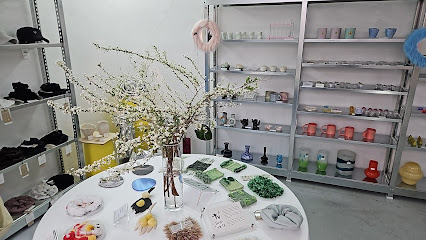
핑크드래곤
Experience the vibrant shopping scene at 핑크드래곤 in Daegu, where unique souvenirs and trendy fashion await every traveler.

Essential bars & hidden hideouts
Daedo Brewery
Experience the vibrant craft beer culture at Daedo Brewery in Daegu, where passion meets flavor in every pint.
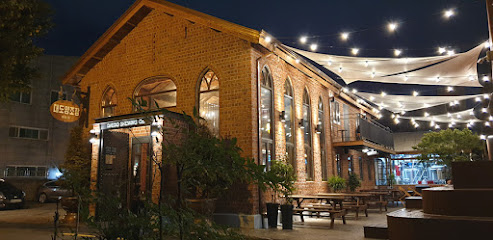
Percent Craft Beer
Experience the vibrant craft beer scene in Daegu at Percent Craft Beer, where local brews meet a warm and welcoming atmosphere.
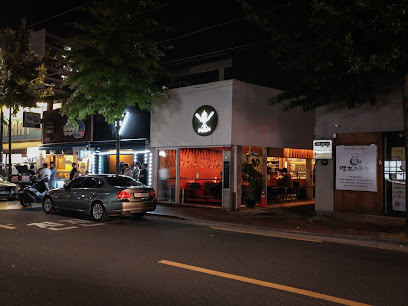
Milky Way
Discover the vibrant nightlife of Daegu at Milky Way Bar, where unique cocktails and lively entertainment await every night.
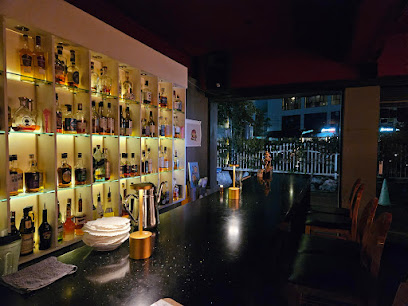
Sonamu
Discover the vibrant nightlife of Daegu at Sonamu, where expertly crafted cocktails and a chic atmosphere await every visitor.
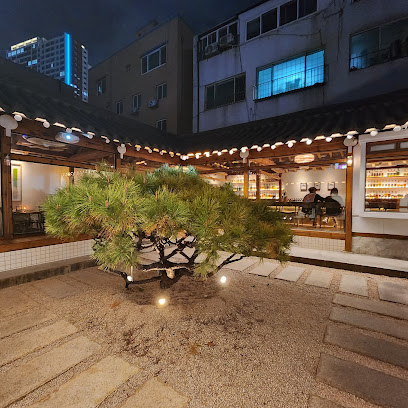
After B1
Discover the vibrant nightlife of Daegu at After B1, a cozy bar offering a wide selection of drinks and an inviting atmosphere perfect for tourists.
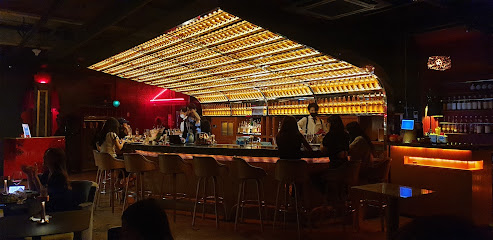
berg (베르그)
Discover Berg, a charming bar in Daegu's Jung-gu, where local culture meets a vibrant nightlife experience, perfect for unwinding with friends.
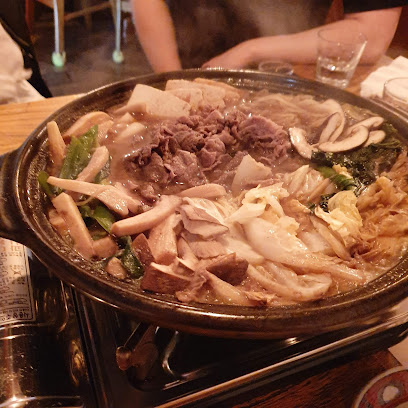
Notinghil
Experience the vibrant nightlife at Notinghil in Daegu, where stylish ambiance meets expertly crafted cocktails in a lively setting.
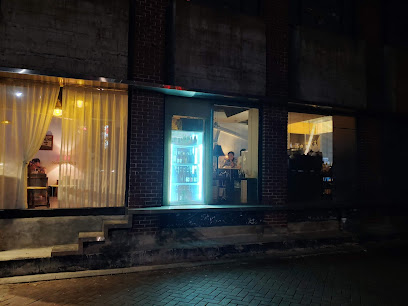
Mumyeong
Discover the vibrant nightlife of Daegu at Mumyeong, a stylish bar offering crafted cocktails and a lively atmosphere.
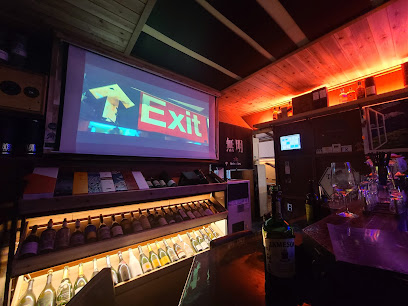
GangGangschiele
Discover the lively nightlife of Daegu at GangGangschiele, where local culture meets contemporary bar vibes in a welcoming atmosphere.

Bar 선
Experience the vibrant nightlife at Bar 선 in Daegu, where innovative cocktails and a lively atmosphere await every evening.
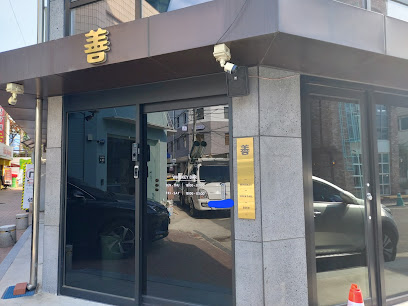
Local Phrases
-
- Hello안녕하세요
[annyeonghaseyo] - Goodbye안녕히 가세요
[annyeonghi gaseyo] - Yes예
[ye] - No아니요
[aniyo] - Please/You're welcome제발/천만에요
[jebal/cheonmaneyo] - Thank you감사합니다
[gamsahamnida] - Excuse me/Sorry죄송합니다
[joesonghamnida] - How are you?어떻게 지내세요?
[eotteoke jinaeseyo?] - Fine. And you?잘 지내요. 그리고 당신은?
[jal jinaeyo. geurigo dangsineun?] - Do you speak English?영어를 하십니까?
[yeongeoreul hasimnikka?] - I don't understand이해하지 못합니다
[ihaehaji moshapnida]
- Hello안녕하세요
-
- I'd like to see the menu, please메뉴를 보여 주세요
[menyureul boyeo juseyo] - I don't eat meat고기를 먹지 않습니다
[gogireul meokji anhseumnida] - Cheers!건배!
[geonbae!] - I would like to pay, please계산 할게요
[gyesan halgeyo]
- I'd like to see the menu, please메뉴를 보여 주세요
-
- Help!도와주세요!
[dowajuseyo!] - Go away!저리 가세요!
[jeori gaseyo!] - Call the Police!경찰을 불러주세요!
[gyeongchareul bulleojuseyo!] - Call a doctor!의사를 부르세요!
[uisareul bureuseyo!] - I'm lost길을 잃었어요
[gireul ilheosseoyo] - I'm ill아프다
[apeuda]
- Help!도와주세요!
-
- I'd like to buy...구입하려고 합니다...
[guiphaeryeogo hamnida...] - I'm just looking구경만 하고 있어요
[gugyeongman hago isseoyo] - How much is it?얼마에요?
[eolmaeyo?] - That's too expensive너무 비싸요
[neomu bissayo] - Can you lower the price?가격을 깎아 줄 수 있나요?
[gageogeul kkaga jul su innayo?]
- I'd like to buy...구입하려고 합니다...
-
- What time is it?지금 몇 시에요?
[jigeum myeot sieyo?] - It's one o'clock한 시에요
[han sieyo] - Half past (10)십 시 반
[sip si ban] - Morning아침
[achim] - Afternoon오후
[ohu] - Evening저녁
[jeonyeok] - Yesterday어제
[eoje] - Today오늘
[oneul] - Tomorrow내일
[naeil] - 1일
[il] - 2이
[i] - 3삼
[sam] - 4사
[sa] - 5오
[o] - 6육
[yuk] - 7칠
[chil] - 8팔
[pal] - 9구
[gu] - 10십
[sip]
- What time is it?지금 몇 시에요?
-
- Where's a/the...?...이 어디에 있어요?
[...i eodie isseoyo?] - What's the address?주소가 무엇입니까?
[jusoga mueosimnikka?] - Can you show me (on the map)?지도로 보여 줄 수 있나요?
[jidoro boyeo jul su innayo?] - When's the next (bus)?다음 (버스)은 언제에요?
[daeum (beoseu)eun eonjeeyo?] - A ticket (to ....)표 (....으로)
[pyo (....euro)]
- Where's a/the...?...이 어디에 있어요?
History of Kim Gwangseok-gil Street
-
Kim Gwang-seok-gil Street is named after the renowned South Korean folk singer-songwriter Kim Gwang-seok, who is celebrated for his poignant lyrics and soulful melodies. Born in Daegu in 1964, Kim's music often reflected the struggles and hopes of everyday people. His rise to fame in the late 1980s and early 1990s coincided with a period of significant social change in South Korea, and his songs became anthems for a generation yearning for democracy and artistic expression.
-
In the early 2000s, Kim Gwang-seok-gil Street underwent a transformation into a cultural hub dedicated to the memory of Kim Gwang-seok. Initiatives by local government and cultural organizations led to the establishment of murals, sculptures, and performance spaces that celebrate his legacy. This revitalization has made the street a popular destination for both locals and tourists, fostering a vibrant atmosphere filled with music, art, and community events.
-
The street is adorned with numerous art installations and murals that pay tribute to Kim Gwang-seok's life and work. Local artists, inspired by his music, frequently hold exhibitions and performances along the street, creating a dynamic cultural environment. This engagement has not only preserved Kim's legacy but also encouraged new generations of artists to express themselves and connect with their heritage.
-
Daegu, known as the 'Textile Capital of Korea,' has a rich history that dates back to the Silla Dynasty (57 BC – 935 AD). The city has served as an important economic and cultural center throughout Korea's history. The area's vibrant arts scene, especially in music and performance, aligns with Kim Gwang-seok's legacy and reflects Daegu's ongoing commitment to fostering creativity and cultural expression.
-
Kim Gwang-seok-gil Street hosts various festivals and events throughout the year, including the Kim Gwang-seok Music Festival, which attracts performers and audiences from across the country. These events not only celebrate his music but also serve as a platform for emerging artists, reinforcing the street's status as a cultural landmark in Daegu and a testament to the enduring impact of Kim Gwang-seok on Korean music.
Kim Gwangseok-gil Street Essentials
-
Kim Gwangseok-gil Street is located in the Daegu district. The nearest subway station is Dongdaegu Station, which connects to the KTX and other train services. From Dongdaegu Station, take Line 1 (the light blue line) to Banwoldang Station. Transfer to Line 2 (the green line) and get off at Dongin-dong Station. From there, it is a short walk to Kim Gwangseok-gil Street. Buses also frequently service the area, with multiple routes connecting to various neighborhoods.
-
Kim Gwangseok-gil Street is pedestrian-friendly, making it easy to explore on foot. However, for longer distances, Daegu's public transportation system, which includes subways and buses, is efficient and affordable. Bicycles can also be rented through local services, allowing you to navigate the area with ease. Taxis are readily available if you prefer a more direct mode of transport.
-
Kim Gwangseok-gil Street is generally safe for tourists. However, as with any urban area, it is advisable to remain vigilant, especially in crowded places. Avoid poorly lit areas at night and keep your valuables secure. While there are no specific high-crime areas targeting tourists in Daegu, petty theft can occur, so exercise caution.
-
In case of an emergency, dial 119 for fire or medical assistance and 112 for police support. Local hospitals are equipped to handle emergencies, and many staff members speak basic English. It is advisable to carry a copy of your travel insurance information. For minor medical issues, pharmacies are available along Kim Gwangseok-gil Street.
-
Fashion: Do wear comfortable shoes for walking, and consider the weather when dressing. Don't wear overly casual or revealing clothing, especially when visiting temples or traditional sites. Religion: Do respect local customs and practices. Don't take photos in restricted areas. Public Transport: Do give up your seat for the elderly and pregnant women. Don't eat or drink on public transport. Greetings: Do bow slightly when greeting people, and use a polite tone. Eating & Drinking: Do try local street food offerings. Don't waste food or leave leftovers, as it can be considered disrespectful.
-
To experience Kim Gwangseok-gil Street like a local, visit during the evening when the street comes alive with art, music, and street performances. Engage with local artists and vendors, as they often have fascinating stories to share. Try to participate in cultural events or festivals that may be taking place, as these are great opportunities to immerse yourself in local culture. Don't forget to explore the nearby cafes and galleries that showcase local art and creativity.
Nearby Cities to Kim Gwangseok-gil Street
-
Things To Do in Gyeongju
-
Things To Do in Ulsan
-
Things To Do in Pohang
-
Things To Do in Andong
-
Things To Do in Busan
-
Things To Do in Daejeon
-
Things To Do in Jeonju
-
Things To Do in Suncheon
-
Things To Do in Gwangju
-
Things To Do in Suwon
-
Things To Do in Mokpo
-
Things To Do in Seoul
-
Things To Do in Chuncheon
-
Things To Do in Incheon
-
Things To Do in Fukuoka



